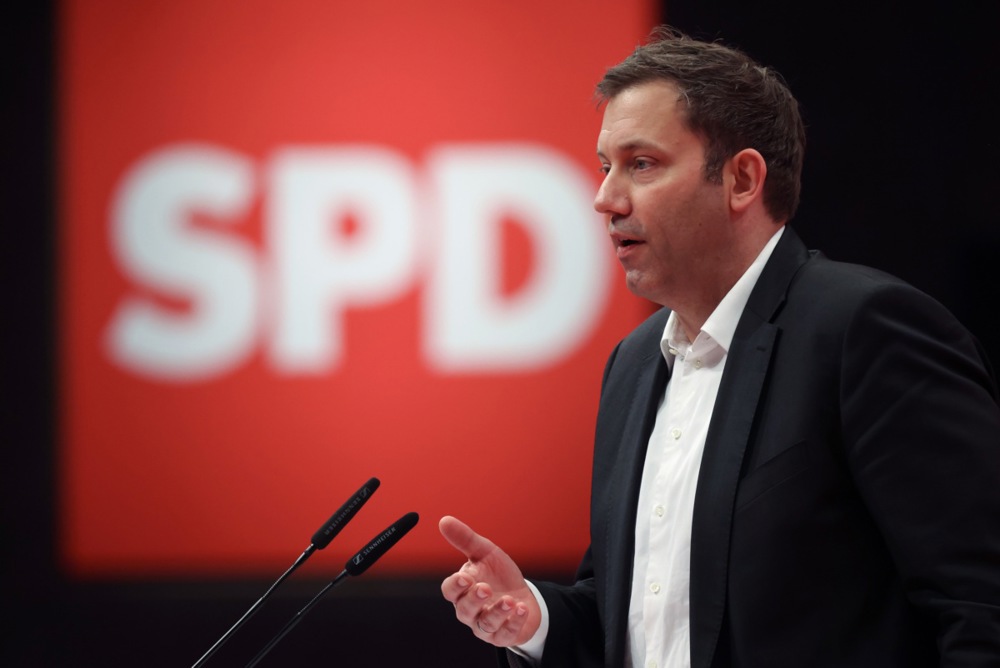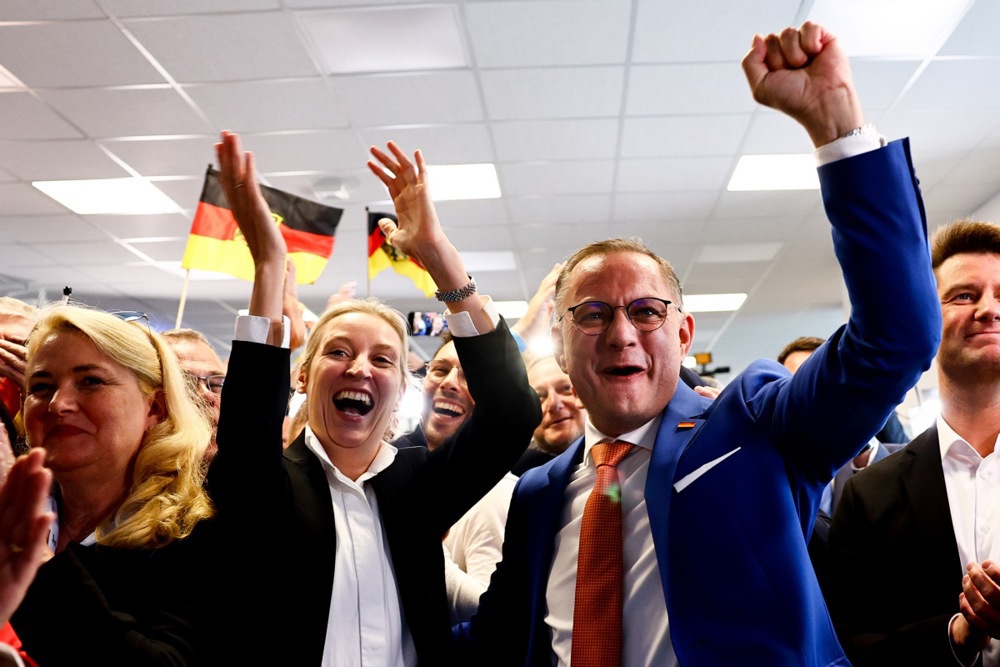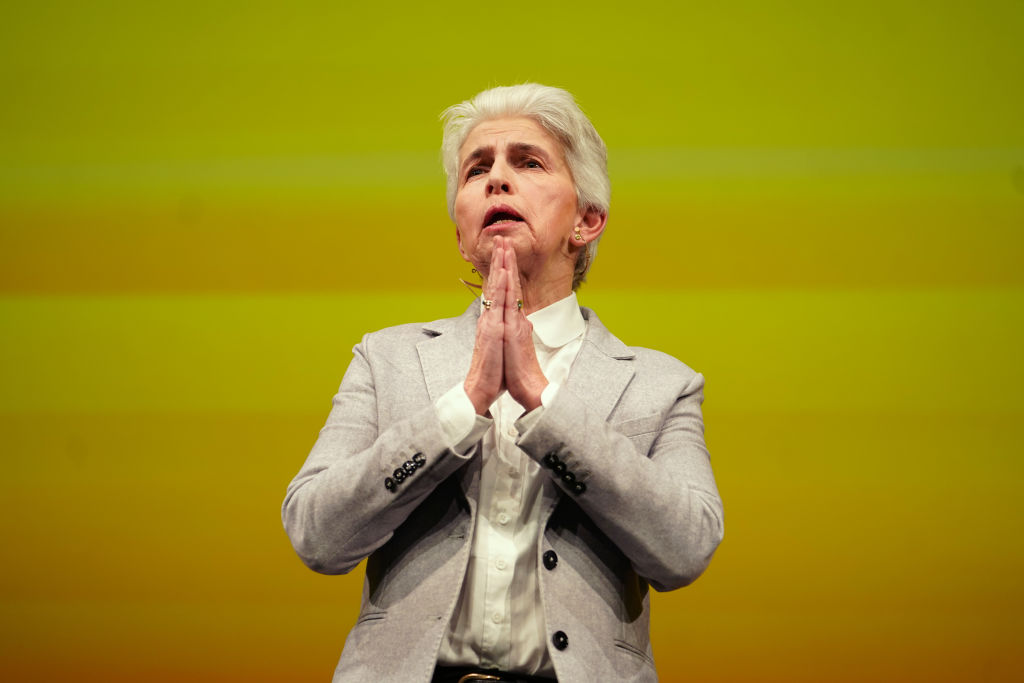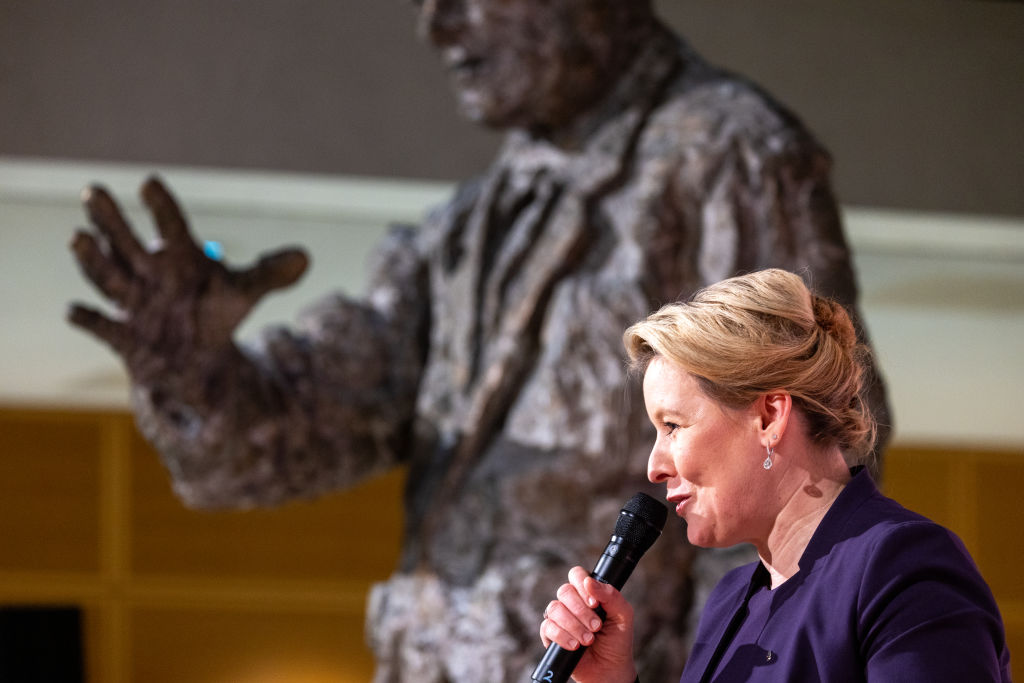An East-West split has been cemented in Germany following the European Parliament elections.
While there was a shift to the political Right across the nation on June 9, a plurality of those in the former territories of West Germany opted to vote for the centre-right “Union” parties — the Christian Democratic Union (CDU) and the Christian Social Union (CSU)
The populist-right Alternative for Germany (AfD), by contrast, became the strongest electoral force overall in the country’s formerly Communist East.
Wie von @benedikt_kaiser im live Stream der Jungen Alternative richtig analysiert.
Ostdeutschland hat sich entschieden unregierbar zu werden. Die AfD kommt zusammen mit dem BSW vielerorts locker auf über 50%.
Wagenknecht muss sich entscheiden!
Will sie eine echte Alternative… pic.twitter.com/alj2XcFSfo
— Theresa Finn ?? (@Theresa_Finn_) June 10, 2024
This region also saw the left-populist Bündnis Sahra Wagenknecht party perform well, with the new group having already become the third-largest force in a number of the territory’s former States.
The result highlighted a growing East-West division in the country, with polls repeatedly showing that those living in the former territories of the now-defunct German Democratic Republic (GDR) have become more disillusioned with the country’s democratic system.
Speaking to Brussels Signal, East Germany expert Katja Hoyer cited this disillusionment as being at the core of the East-West split in the European elections.
“I think the answer is that the Union struggled to pick up discontented voters,” she said.
“Those fed up with the status quo either stayed at home or took their vote to the fringes.
“People in the East are more fed up with the establishment so more voted for new parties,” she concluded.
Some fear that the former Eastern States could soon be rendered ungovernable thanks to the AfD’s strong polling.
With several major State elections in the region set to take place in September, pundits now think it likely that mainstream parties will be forced to form dysfunctional “rainbow” coalitions to keep the AfD out of power.
East Germany seems to threaten resurrection. Not as a Communist country or an independent state, but as a genuinely unique sociopolitical entity in Europe, the politics of which are totally unlike anywhere else in the Western world, writes @Peter_Caddle. https://t.co/dNLnpG594t
— Brussels Signal (@brusselssignal) January 25, 2024





